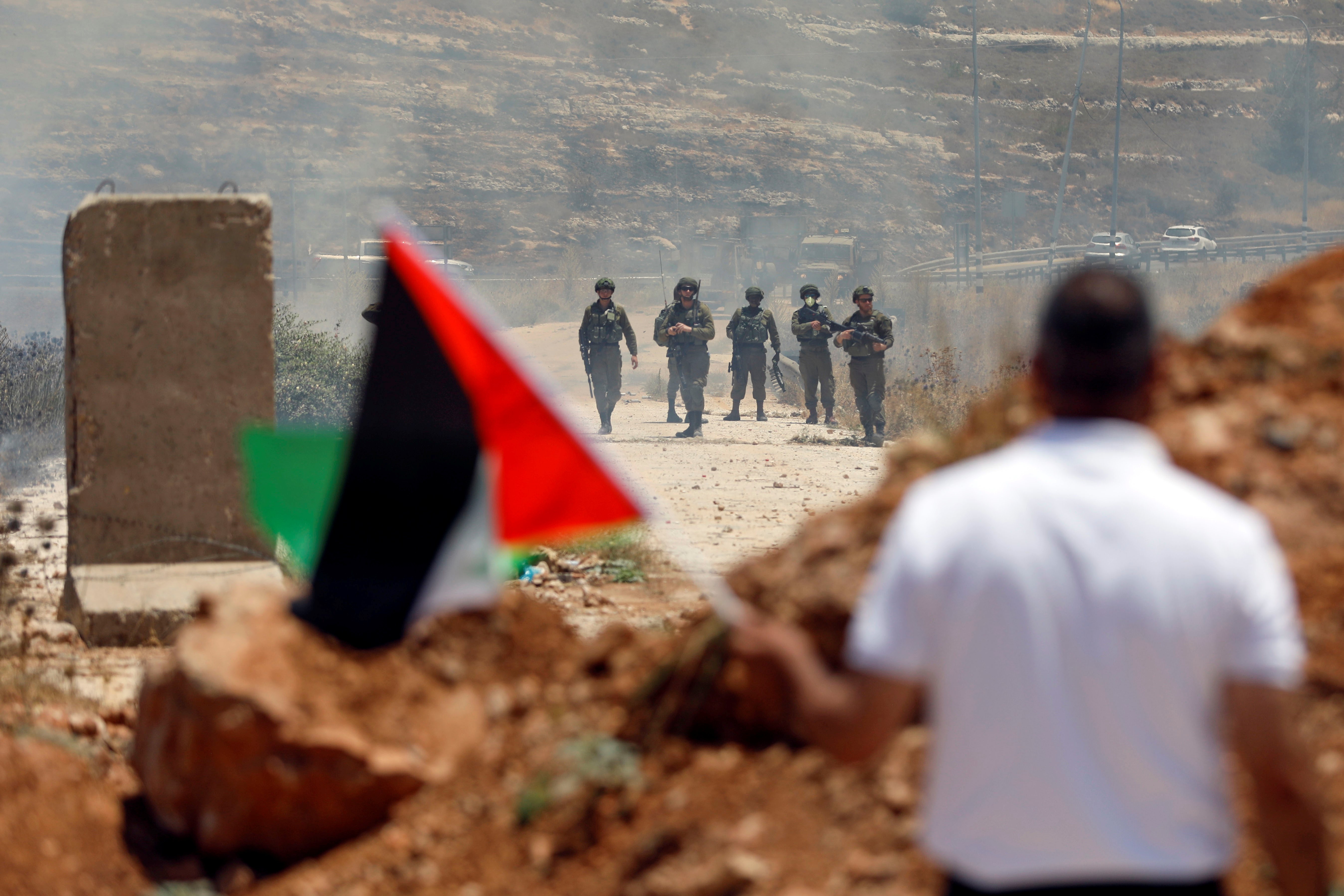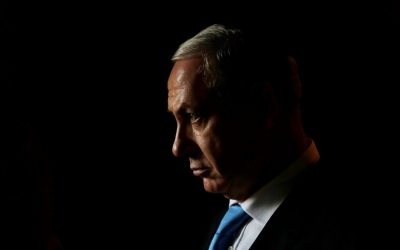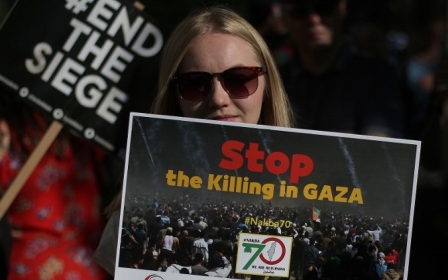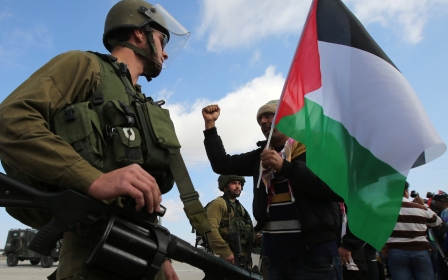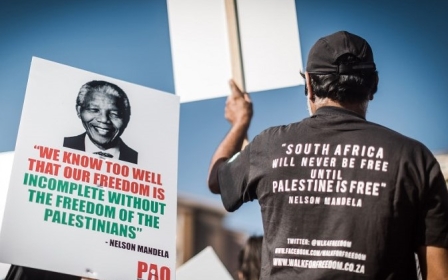What Rafi Peretz's remarks on the West Bank tell us about Israeli society
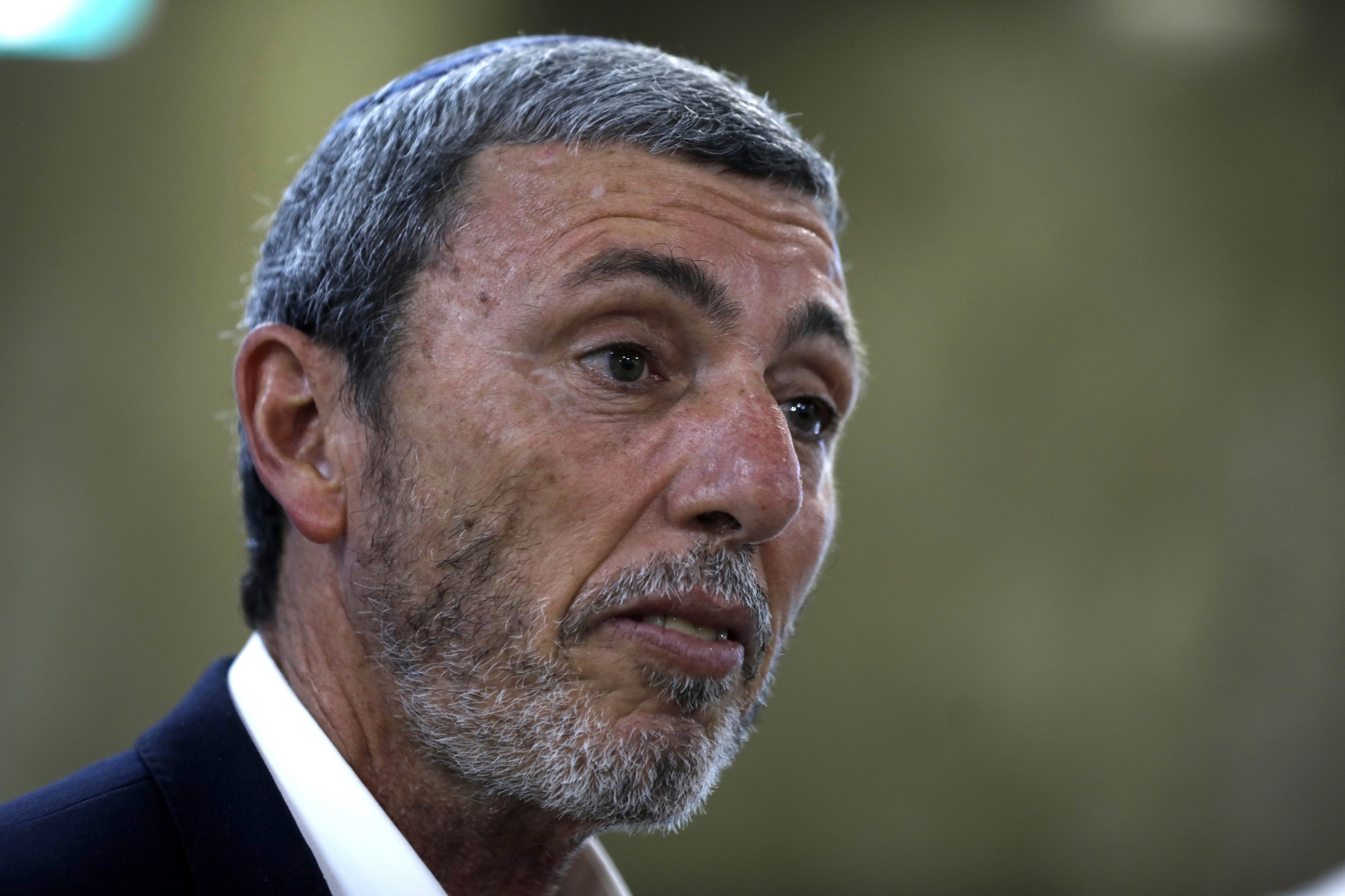
A furore broke out in Israel this past weekend, after an interview with Education Minister Rafi Peretz was broadcast on Saturday night television.
Speaking to Channel 12, Peretz - a former army chief rabbi and now leader of the Union of Right-Wing Parties (URP) - was asked if he believes in so-called “conversion therapy” for gay people. Answering in the affirmative, Peretz responded: "I think you can,” adding: "I can tell you that I have a deep knowledge of education, and I have done it too.”
That same night, hundreds demonstrated in Tel Aviv, as Prime Minister Benjamin Netanyahu issued a speedy condemnation, saying the comments were “not acceptable and do not reflect the stance of the government I head”. Peretz later claimed his words has been misinterpreted.
Alarming comments
But those were not the only alarming comments made by Peretz in the Channel 12 interview. “I want to extend Israeli sovereignty to the entirety of Judea and Samaria [the occupied West Bank]”, Peretz declared. “If it’s in stages, I don’t care, I want it to happen. That’s our land.”
New MEE newsletter: Jerusalem Dispatch
Sign up to get the latest insights and analysis on Israel-Palestine, alongside Turkey Unpacked and other MEE newsletters
While the term ‘apartheid’ remains controversial, those advocating it in practice are able to do so without much controversy
Asked if he would then give citizenship to the West Bank’s Palestinian population, Peretz said: “We will take care of all their needs…but we will not give them the ability to interfere politically”.
After affirming that Palestinians would indeed be “without the right to vote”, Peretz was told by the interviewer that such a scenario is “called apartheid”. Reality is “complicated,” the minister replied.
Yet while Peretz’s support for “conversion therapy” dominated the news agenda, prompted a response from Netanyahu within the hour and has led to calls for his resignation, the response to the minister’s vision of a crude apartheid system has been relatively muted.
What explains this contrast? First, core elements of what Peretz is describing – Israeli control over the West Bank without Palestinians having Israeli citizenship – is exactly what exists now.
Status quo denial
Any Israeli aged 52 or younger has only ever known a reality where Israel rules over – and settles – the West Bank, but its Palestinian inhabitants remain under a military regime without the vote.
Jewish Israelis (or most of them) may balk at the use of the word "apartheid", but that reflects a state of denial about the status quo, as well as the strategic good sense successive Israeli governments have had to maintain a deliberate ambiguity about the permanently temporary occupation.
As Aeyal Gross wrote in his book The Writing on the Wall, in the occupied Palestinian territory, “Israel enjoys both the powers of an occupant and the powers of a sovereign, while Palestinians enjoy neither the rights of an occupied people nor the rights of citizenship.”
This “legal indeterminacy…as a form of control” has also played an important role in maintaining the illusion – at home and abroad – that the de facto, single state is an aberration to be resolved by a diplomatic process.
As one Haaretz columnist put it in 2014: “Without the dangled promise of eventual peace, it would be much harder for Israel to look in the mirror and rebuff the claims of apartheid.”
So, while the term "apartheid" remains controversial, those advocating it in practice are able to do so without much controversy precisely because it is what already exists on the ground.
A normalised discourse
Second, the muted response to Peretz’s remarks on the West Bank also reflects the extent to which talk of and support for formal annexation of various kinds, not to mention explicit rejection of Palestinian statehood and self-determination, are normalised parts of Israel’s political discourse.
One piece in The Jerusalem Post compared Peretz’s support for annexation of the entirety of the West Bank without citizenship for Palestinians to other proposals from right-wing politicians to annex the settlements themselves, or "just" Area C.
But while, as the writer put it, “[not] all sovereignty plans are the same”, they are all forms of apartheid.
Such normalisation is much broader, and deeper, than the smaller, right-wing parties. Just last week, Netanyahu himself declared that the West Bank “is our homeland”, no settlers will ever “be uprooted in a political agreement”, and Israeli armed forces will “continue to rule the entire territory, up to the Jordan Valley”.
Not to be outdone, Benny Gantz, leader of the main opposition party Blue and White, responded to Netanyahu’s “principles” the very next day by affirming that, under his watch, West Bank settlements "will develop", no settlers will be removed, and “there is no return to the 1967 lines”.
Peretz’s remarks, and the contrasting reactions to them, are thus about more than one individual’s world view; rather, this is yet another reminder of how the dehumanisation of Palestinians, and the denial of their basic rights, is at the heart of the mainstream Israeli political consensus.
The views expressed in this article belong to the author and do not necessarily reflect the editorial policy of Middle East Eye.
Middle East Eye delivers independent and unrivalled coverage and analysis of the Middle East, North Africa and beyond. To learn more about republishing this content and the associated fees, please fill out this form. More about MEE can be found here.



